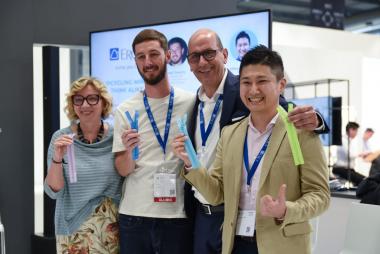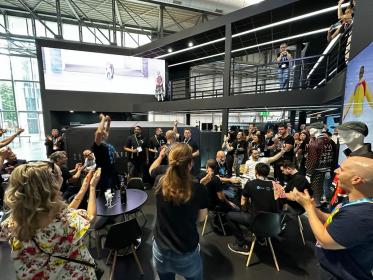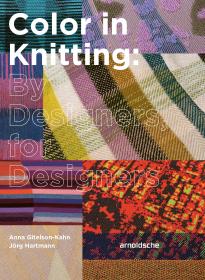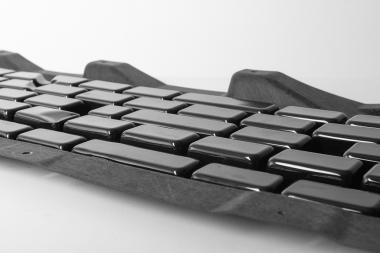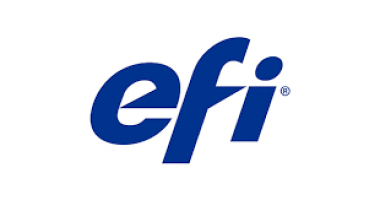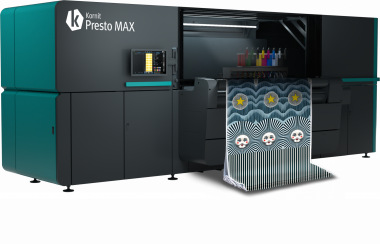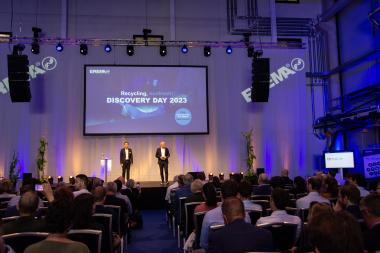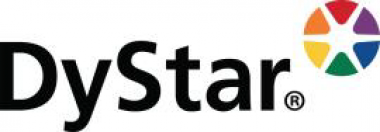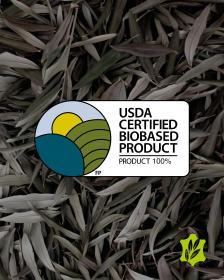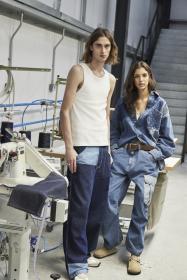ERCA successfully showcased latest product at ITMA 2023
ERCA successfully showcased their latest product during the recent ITMA 2023 exhibition, taking the opportunity to share with ITMA visitors the journey that stood behind the creation of REVECOL®.
REVECOL® transforms critical waste materials (exhausted vegetable oils) into a line of innovative and responsible chemical auxiliaries destined for the entire textile industry and its various applications, offering different characteristics: circular DNA, certification, safety, high performance, competitivity and applicability on any type of textile fiber, whether virgin or recycled.
Patagonia® and trim supplier YKK teamed up with ERCA to deploy REVECOL® in their manufacturing process. This alliance was presented to ITMA visitors as an example of what the industry can achieve through collaborative practices.
The process of sharing REVECOL® with the industry really started with the announcement of ERCA’s partnership with Patagonia® and YKK and deepened during the session Upcycling Minds Think Alike moderated by Giusy Bettoni, CEO and Founder, C.L.A.S.S. (Creativity, Lifestyle and Sustainable Synergy), and which saw the participation of Matt Swartz, Color and Material Quality Manager of Patagonia®, Fabio Locatelli, Head of ERCA, Textile Specialties Business Unit and Mike Maekawa, Sales and Business Development Manager, YKK Vietnam.


